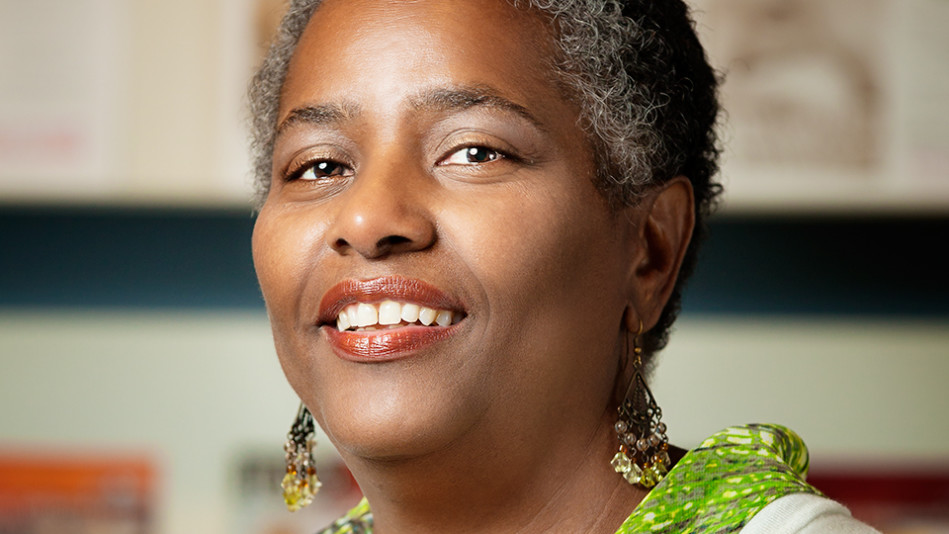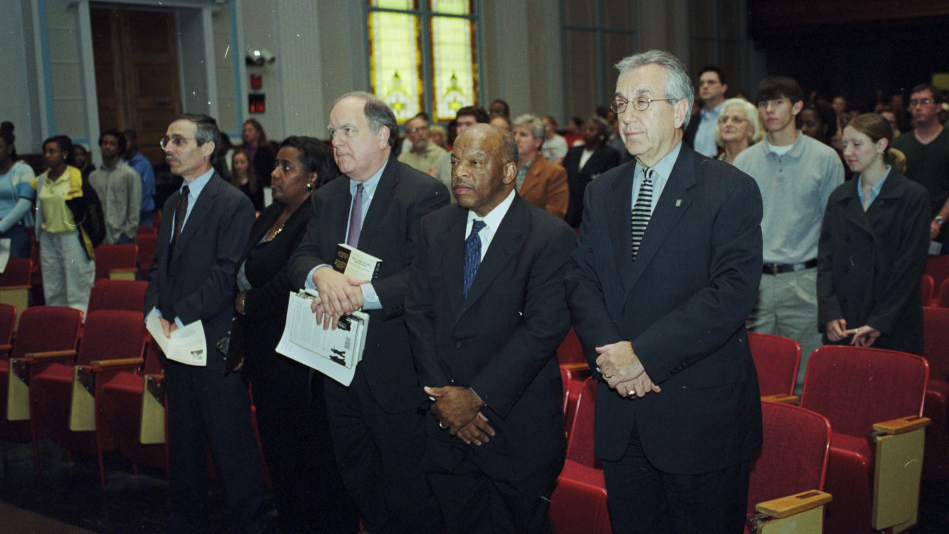
Gloria Kelley: Lifting the Voices of Underprivileged Students
Gloria Kelley, the Dean of Library Services at Central Piedmont Community College, discusses her mission to educate and serve the next generation of rising stars from underprivileged backgrounds.
I've always worked with programs that encourage African American students to know their history and to learn from it as well. A close friend started the African American studies program while we were working at Winthrop University together. The day before she passed away, she said, "Do not let my program die with me." This was a huge ask of me—but I kept my promise. There were so many prominent African Americans that students were unaware of, and some were not far away. I wanted to connect students with prominent figures in the community so they would understand why the African American Studies program was created and its true purpose. Every year we started bringing in prominent figures to meet with the students such as Congressman Johns Lewis, Cleveland Sellers, Diane Nash, members of the Friendship Nine.
One of the first figures I brought in to meet the students was Congressman John Lewis. I knew his wife from Atlanta, so I reached out to invite him to speak to the students. In May of 1961, Congressman Lewis and others came to Rock Hill as "Freedom Riders" and the city was not very welcoming to them. I'm glad he wanted to return to speak with students in 2002.
I move to another educational institution and again in 2009, he returned to the Charlotte areas to meet students at Central Piedmont. Congressman Lewis spent time with all the students but also separate time with the black male students. These students were able to meet him, ask him questions and hear his story first-hand. Some were even able to have a one-on-one conversations with him. I'm always trying to connect people with information and bring things to people that they will not traditionally have access to or know about.

Congressman Lewis' visit to Winthrop and pictured from left to right: Steve Smith, Political Science Professor; Gloria Kelley, Head of Technical Services; Congressman John Spratt; Congressman John Lewis; President of Winthrop University, Dr. Anthony DiGiorgio.
This year, I've asked my staff to work with me to develop a Civics 101 series for students, faculty and staff due to the political and civic unrest of today. Students will have an opportunity to discuss these topics in a safe place. The series will kick-off in March and we'll start with basic civics terminology—the definition of certain words and what they truly mean when it comes to civics. For example, what is the true definition of racism, impeachment, peaceful protest and insurrection? The other topics within the series are Fake News, Misinformation; Branches of Government; Local Government; Constitution Day; and Amendments. I'm excited to give students of all races an opportunity to breakdown and digest the content of this Civics 101 series: We the People: Putting You Back into the United States of America. It is another way for me to connect people with information and each other.
Gloria Kelley is the Dean of Library Services at Central Piedmont Community College and the VP of Finance for the Queen City Chapter of The National Coalition of 100 Black Women, Inc.











